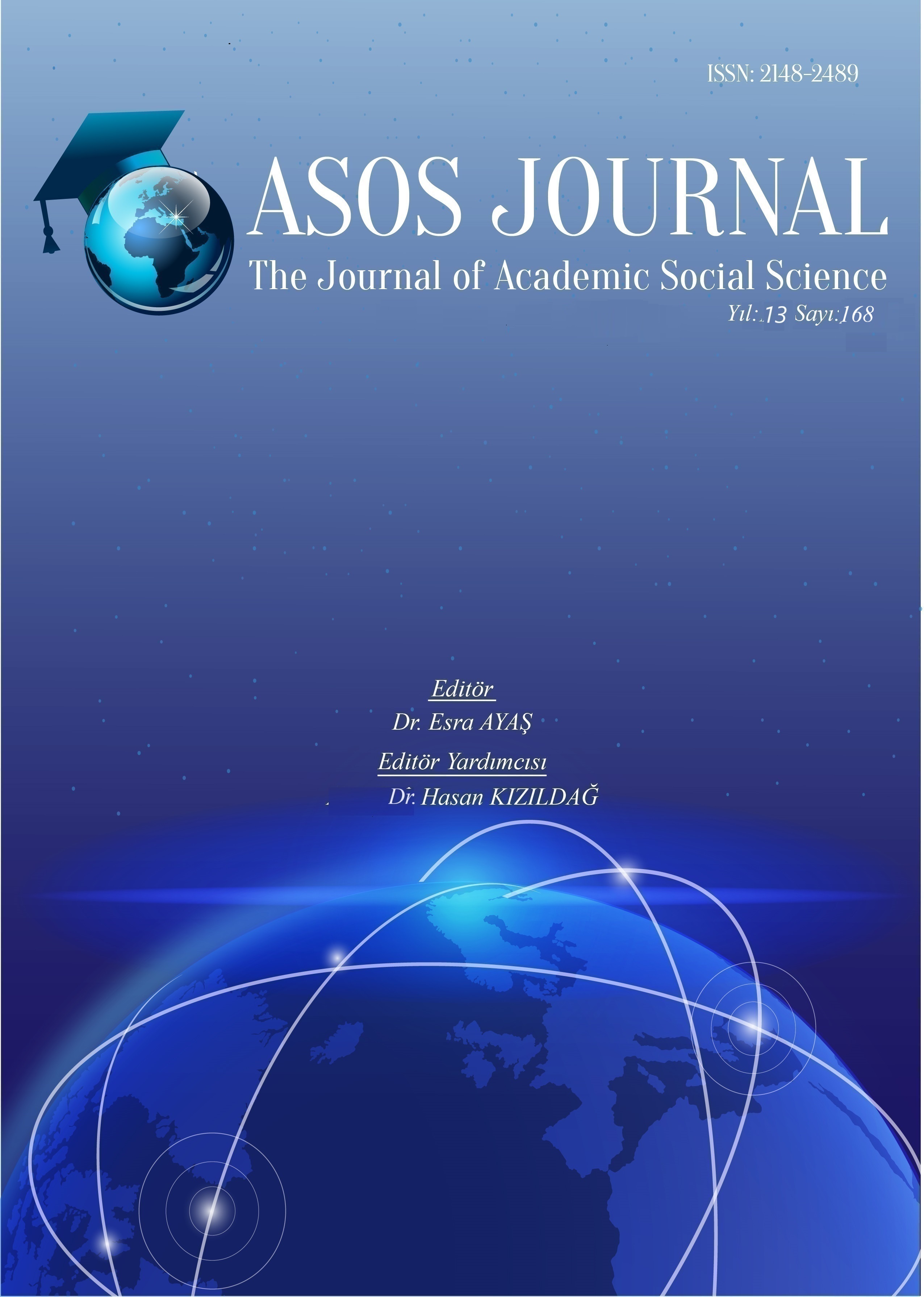Author :
Abstract
Bu derleme çalışması, kadınların bağımsızlık korkusunu ve dışsal onaya duydukları ihtiyacı tanımlayan Sinderella Sendromu’nu psikodinamik ve feminist kuramlar bağlamında incelemektedir. Psikodinamik kuram, sendromun bireyin erken çocukluk deneyimleri, bağlanma biçimleri ve içselleştirilmiş ebeveyn imgeleriyle şekillendiğini vurgular. Bu çerçevede, savunma mekanizmaları ve bilinçdışı süreçler, bireyin bağımlı ilişkiler kurma eğilimini açıklamada temel rol oynamaktadır. Feminist kuram ise Sinderella Sendromu’nu ataerkil kültürün kadınlara yüklediği pasif ve itaatkâr rollere bağlar. Masallar, medya ve toplumsal normlar aracılığıyla sürekli yeniden üretilen bu roller, kadınların özneleşme süreçlerini baskılamakta ve bağımlı kimliklerin sürdürülmesine neden olmaktadır. Bu çalışma, bireysel ruhsal örüntüler ile toplumsal yapıların etkileşimini görünür kılarak, Sinderella Sendromu’nun sadece psikolojik bir durum değil, aynı zamanda kültürel ve politik bir mesele olduğunu ortaya koymaktadır. Hem psikoterapi süreçlerinde hem de toplumsal dönüşümde bütüncül bir anlayışın gerekliliğini vurgulamaktadır.
Keywords
Abstract
This compilation study examines the Cinderella Syndrome, which defines women's fear of independence and their need for external approval, within the context of psychodynamic and feminist theories. The psychodynamic theory emphasizes that the syndrome is shaped by the individual's early childhood experiences, attachment styles, and internalized parental images. In this framework, defense mechanisms and unconscious processes play a fundamental role in explaining the individual's tendency to form dependent relationships. The feminist theory, on the other hand, associates Cinderella Syndrome with the passive and obedient roles assigned to women by patriarchal culture. These roles, which are constantly reproduced through fairy tales, media and social norms, suppress women's processes of becoming subjects and lead to the maintenance of dependent identities. This study reveals the interaction between individual psychological patterns and social structures, showing that Cinderella Syndrome is not only a psychological condition but also a cultural and political issue. It emphasizes the necessity of a holistic understnding in both psychotherapy processes and social transformation.





